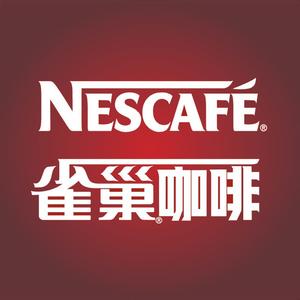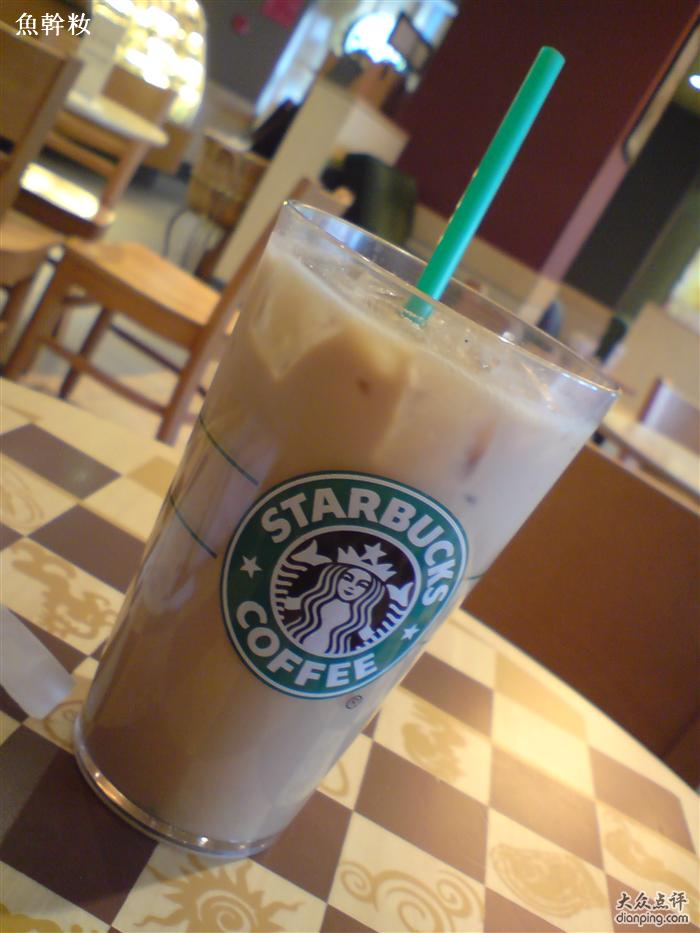From coffee leader to dumper: how far is nestle from crisis?
In the 1980s,"Nestle, taste very good" this classic advertising language, spread all over the streets, a time this foreign brand and the distance between the Chinese people was closer, and this "Western tea ceremony" also gradually popularized in China, the Chinese coffee journey started here.
Time has changed, however, and the coffee leaders of yesteryear have become coffee dumpers. Nescafe is facing the most severe destocking pressure in its history.

Since last month, nearly 400 tons of unexpired Nestle coffee have been destroyed as garbage in Nestle's Dongguan warehouse, with a market value of tens of millions, the largest destruction since the factory was established in 1992. This is also the first time in 20 years that Nestle has destroyed instant coffee products on a large scale, and the destroyed products are all market returns close to the shelf life.
Nestle, which once claimed that "the global average of 4000 cups of coffee is enjoyed every second", how can it be destroyed on a large scale now? Gong Wanren, chief financial officer of Nestle Group, explained that this was due to the slowdown in the growth of the entire category of instant coffee.
However, the cooling of Nescafe instant coffee does not mean that people's demand for coffee has weakened. In fact, contrary to the bleak scenario of instant coffee, the entire coffee consumption market is in a period of rapid growth. Statistics show that in 2012, China's coffee consumption market was only 70 billion yuan, and with the maturity of the consumer market, this figure is expected to double by 2017, exceeding 150 billion yuan.
Why is the coffee industry thriving as a whole, while Nescafe instant coffee, as an initiator, is in trouble? This phenomenon seems strange, but it is not difficult to understand.
In the early years, the coffee gene of the Chinese people was awakened by Nestle, and the market was full of Nestle products. At that time, consumers chose Nestle not only out of love, but also because the variety of products was not rich and the choice was small, so they had to choose Nestle. However, with the opening of the coffee market, the influx of competitors, the rise of coffee shops such as Starbucks and Costa, China began to set off a craze for freshly ground coffee and ready-to-drink coffee, and the market for instant coffee was squeezed, so there was a "strange" phenomenon of "coffee hot and instant cold".
According to a previous report by consulting firm Mintel, the market shares of instant coffee, freshly ground coffee and ready-to-drink coffee are 71.8%, 10.1% and 18.1% respectively. While instant coffee will continue to dominate the coffee market in China, these two segments are expected to gain more share as the freshly ground and ready-to-drink coffee markets grow more rapidly. Mintel expects the share of instant coffee to fall by more than five percentage points to 66 per cent by 2019.
In fact, instant coffee's slump is only a microcosm of Nestle's cold market in China. Gong Wanren mentioned that in addition to the above-mentioned instant coffee, Nestle previously acquired Yinlu and Xu Fuji are not performing well.
It was revealed that in order to ensure the freshness of products on the shelves, even in the face of performance pressure, Silver Heron has significantly reduced inventory levels in trade. Xu Fuji carried out a substantial destocking as early as the end of 2013 and implemented price measures at the end of last year.
Why is Nestle losing the hearts of Chinese consumers, whether it's coffee or candy?
In fact, the fundamental reason is that the consumption structure and market environment in China have changed, personalized consumption and refined services have become trends, and the era of "Procter & Gamble, Food Buy Kraft and Nestle", which was once regarded as fashionable and popular, has gone away, and consumers have a broader choice.
If Nestlé is still slow to move, still stay in the wave consumption mode stage, can not get out of the old idea of "lying to make money" era, if there is a lack of breakthrough in taste, variety, lack of innovation, more importantly, if continue to adopt a moderate brand communication strategy, especially in integrated marketing and entertainment marketing behind domestic peers, unable to adapt to the increasingly young consumer orientation changes. For Nestle, then, the real crisis may not be far off. (Text/Tour Suzhou and Hangzhou)
Important Notice :
前街咖啡 FrontStreet Coffee has moved to new addredd:
FrontStreet Coffee Address: 315,Donghua East Road,GuangZhou
Tel:020 38364473
- Prev

The development trend of Starbucks quietly shutting down its coffee shop chain
Small coffee is unexpectedly in the limelight, compared with the public catering, the coffee shop is undoubtedly a narrow category. However, when Starbucks opened its first store in Jinan in 2010, it was once interpreted by some people as a symbol of Jinan internationalization. At the same time, in recent years, coffee brands from all over the world have also rapidly set off an upsurge of expansion in Jikai stores. The first Starbucks store
- Next

Introduction of coffee brand of "Old Street Cafe" in Malaysia
In Malaysia, the old street farm is a well-known brand. You can't miss the name oldtow n anywhere, whether it's an airport highway, a department store, a taxi, or even a public toilet. The way the old street farm is friendly to the people is not only the coffee products can be bought everywhere, but also its ubiquitous oldtow ncaf (Old Street Farm Cafe). Before going to Malaysia
Related
- What brand of black coffee is the most authentic and delicious? what are the characteristics of the flavor of the authentic Rose Summer Black Coffee?
- Introduction to the principle and characteristics of the correct use of mocha pot A detailed course of mocha pot brewing coffee is described in five steps.
- Which is better, decaf or regular coffee? how is decaf made?
- How much is a bag of four cat coffee?
- How about four Cat Coffee or Nestle Coffee? why is it a cheap scam?
- Which is better, Yunnan four Cats Coffee or Nestle Coffee? How about cat coffee? is it a fake scam? why is it so cheap?
- How about Cat Coffee? what grade is a hoax? which instant coffee tastes better, four Cat Coffee, Nestle Coffee or G7 coffee?
- Process flow chart of coffee making-Starbucks coffee making process what coffee tastes good at Starbucks
- The top ten best coffee beans in the world Rose summer coffee or Tanzanian coffee tastes good
- Yunnan four cat coffee is good to drink?_four cat coffee is a big brand? four cat blue mountain coffee is fake?

